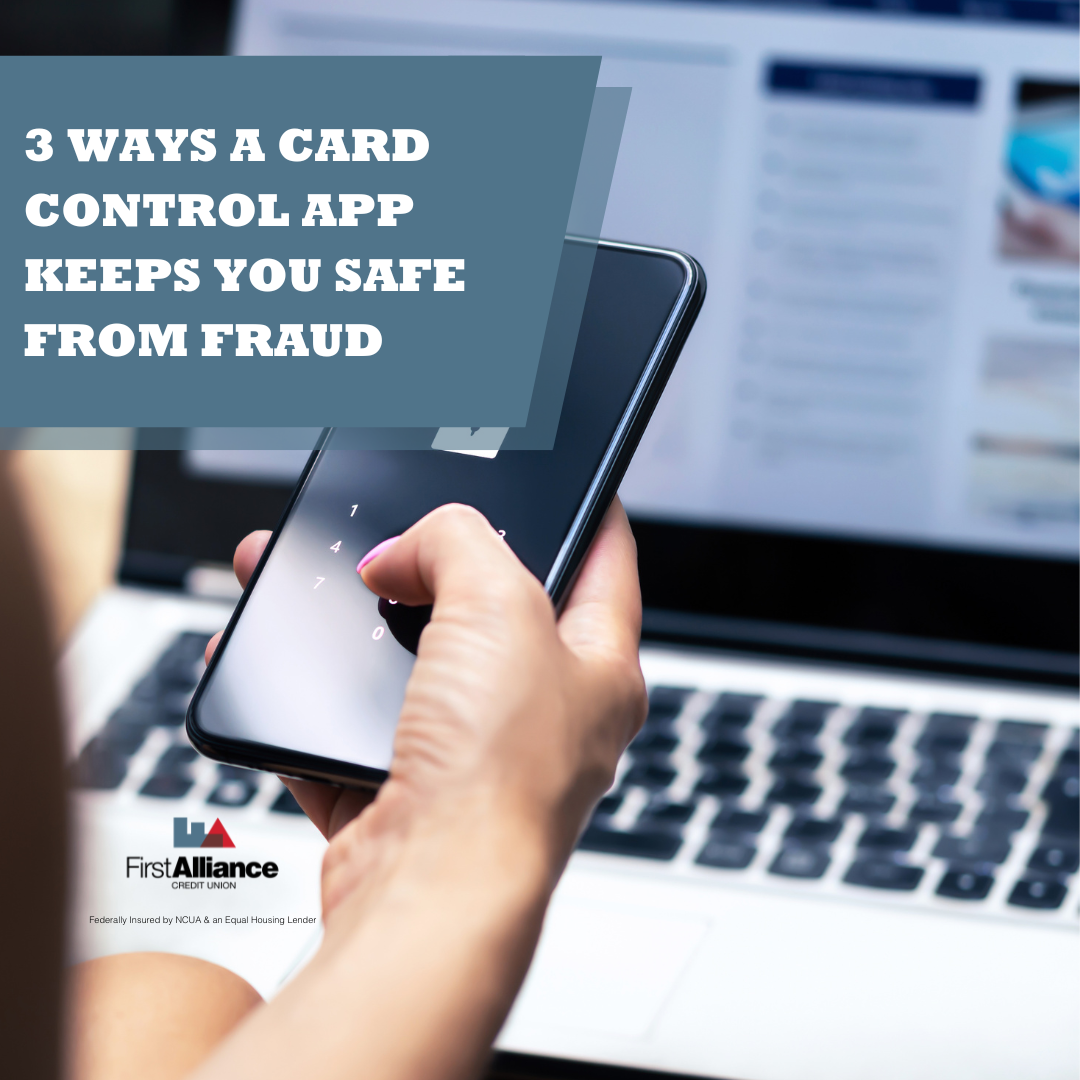Why Are My Credit Scores Different?
There are a number of different credit score monitoring apps and websites these days. If you use more than one of these services, you may have...

If you’re like most people, you’ve downloaded at least one free app for your smartphone, whether it’s Candy Crush Saga, Google Maps or Facebook. Free apps make up the majority of apps in both Apple and Google’s app stores, and most of us would rather use a solid free app rather than pay for an app that might offer a few more bells and whistles.
The problem, though, is that app developers don’t just make apps out of the goodness of their hearts. Most of them want to make money off their apps, and they know the easiest way to get their apps onto as many smartphones as possible is to make them free to download. Once the apps are downloaded, the developers can make their money in other ways.

The most common way free smartphone apps will cost you money is by making them “freemium.” Freemium is a combination of “free” and “premium,” and if you’ve ever played a free app game, you’ve seen this technique in action.
Here’s how it works: the game itself is free to play, and at least at the beginning you’ll find yourself making a lot of progress, with just enough challenge to be fun. If you keep going, though, the rewards taper off, the levels get harder, and you’ll find yourself looking toward the store, which has power-ups of all kinds with prices ranging from two to three dollars to over $100. You don’t have to purchase any of these, but if you don’t you’re missing out on the best parts of the game.
App developers love the freemium model, since devoted players can end up spending hundreds of dollars trying to get the best equipment in the game. In many cases, players will spend far more than what they would have if they had just paid for the game up front. This is most common in children’s games, but plenty of adult games use this model, too.
If a free app isn’t trying to bring in money through a freemium model, it’s definitely bringing in money by selling ad space on its app. The app developer may get paid based on how many people click on the ad, or they might get paid by how many people view their ads. These are often referred to as advertising supported, or ad-supported, apps.
This type of app requires sending the developers data, either to verify that the ads have been seen or that people are clicking on them. This means that any ad-supported app sends a small bit of data back to the developer while it is running that contains that information.
This bit of data might be unnoticeable at first, but over time you’ll notice those constant little bits of data can really hamper a smartphone’s performance. Advertising supported apps on the average make your smartphone spend about 48% more processing time than non-supported ads. If that weren’t enough, all this processing can also sap your smartphone’s battery, significantly decreasing the time you spend before you have to recharge your phone.
Data tracking can also eat up your data usage, too. If you have a data limit on your smartphone plan, you might want to know that ad-supported apps can use about 79% more data than apps you pay for up front.
When researchers in France decided to monitor 2,000 random apps in the Google Play store to see if they were connecting to anything in secret, they got a nasty surprise. The apps ended up connecting to 250,000 distinct web addresses that spread over 2,000 domains. Even worse, a small portion of those connections led to known malware sites.

While there are a lot of free apps out there to tempt you, remember the old saying, “there’s no such thing as a free lunch.” This doesn’t mean you should shy away from free apps entirely, but you should realize that app developers have to make a living one way or another, and if the app itself is free, the product being sold might be you.

There are a number of different credit score monitoring apps and websites these days. If you use more than one of these services, you may have...

Lost your card under the couch or at the checkout and felt that jolt of panic? You are not alone. Today you can lock your card in seconds from your...

Digital payments may have started with PayPal, but these days you have your choice of payment app, also known as a peer to peer payment platform, to...